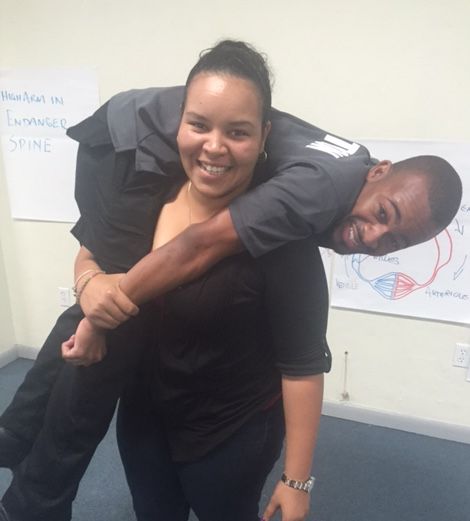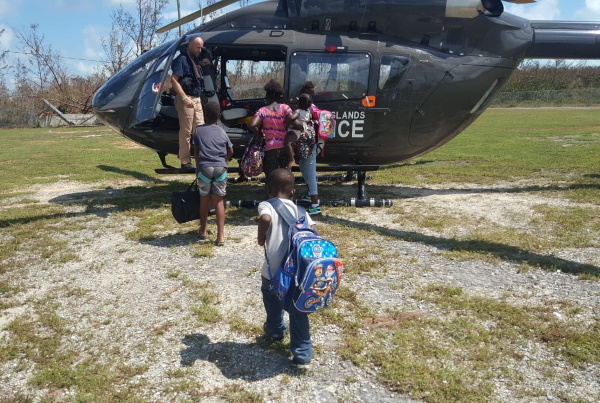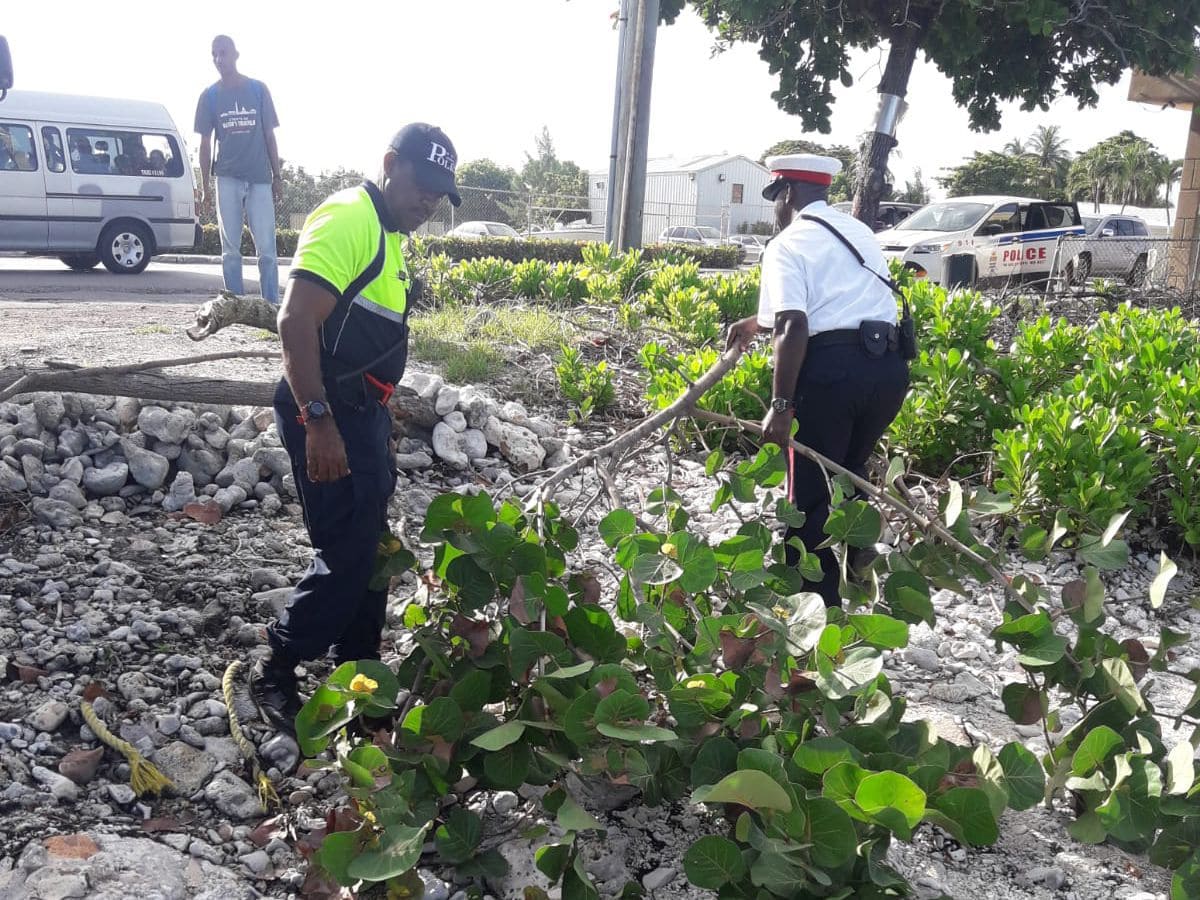(CNS): The RCIPS recently delivered an updated and intensive Emergency First Response Training course on Cayman Brac. This was the first training of such intensity and degree in emergency response to be delivered on the Sister Islands, and to include officers from other law enforcement agencies — five Customs and two Immigration officers — in addition to 10 RCIPS officers and one administrative assistant.
Over four days, the 17 officers learned how to apply lifesaving skills and techniques in emergency situations, including how to administer first aid, cardiopulmonary resuscitation (CPR), automated external defibrillators (AEDs) and trauma response. Although the RCIPS has only a few AEDs, all donated by the Cayman Heart Fund, one aim of the training was to provide all officers with the knowledge of how to operate this equipment in the event that more become available.
The RCIPS mostly funded the training, while the Foreign Commonwealth Office paid for operational equipment in the form of trauma packs issued to all participants. Portions of the training, especially trauma response, were adapted to police situations.
“We have seen on more than one occasion that police equipped with these skills can and have saved lives,” said Kurt Walton, chief superintendent. “Whether it be an accident or a crime scene, police are often the first to arrive and many times are confronted with serious injuries where time is of the essence.
“We have deepened our emergency training so that they can be both skilled and confident about what they need to do. And we want to share this expertise with our law enforcement partners.”
Sharissa Ritch, a Customs officer on Cayman Brac, said that as a result of the training she is “more aware of the vast range of possible accidents that could occur at any given time,” adding, “It’s a great feeling to know that I am now able to assist if necessary. I’m very prepared and confident that I’d be able to handle a medical emergency that requires CPR or first aid.”
Immigrations officer Jonathan Myrie said of the training, “I am now truly prepared in a serious situation to do my best to help save another person’s life or even my own.”
An added benefit of the training’s expanded format was that it also deepened partnership among law enforcement agencies on the Brac, who are often required to coordinate their responses quickly to emergency situations. The RCIPS will continue to provide this training at regular intervals as well as offer opportunities to other agencies to participate.





